Two Georgia-Pacific Recycled Paper Mills Open Opportunities for Paper Cup Recycling
September 15, 2020
ATLANTA, Sept. 15, 2020 /PRNewswire/ — Georgia-Pacific announced today that it is now accepting mixed paper bales that contain single-use polyethylene (PE)-coated paper cups at its recycled paper mills in Green Bay, Wisconsin, and Muskogee, Oklahoma. The development follows two years of partnership with the Foodservice Packaging Institute (FPI) and collaboration with the NextGen Consortium, a global initiative led by Closed Loop Partners with founding partners Starbucks and McDonald’s, to help open opportunities for paper cup recycling.
PE coatings, along with any remaining liquid and food left behind from use, have historically left single-use paper cups out of the recovery and recycling process. Georgia-Pacific, though, has proven through its extensive re-pulping trials that the Green Bay and Muskogee mills can effectively recapture valuable cup fiber from paper cups while screening out PE-coatings and reuse the fiber to make toilet tissue, napkins and paper towels.
“As single-use paper cups have grown in popularity in recent years so, too, has paper cup waste. As a leading manufacturer of paper foodservice products, we continually look for ways to consume fewer resources as part of our longer-term strategy to identify solutions that benefit society. Accepting mixed paper bales containing PE-coated cups at our Green Bay and Muskogee mills is a significant step in this direction,” said John Mulcahy, vice president of sustainability for Georgia-Pacific, which manufactures the Dixie® brand of paper cups.
Kate Daly, managing director of the Center for the Circular Economy at Closed Loop Partners, believes Georgia-Pacific’s new repulping capability will greatly benefit the foodservice industry and further advance the industry’s environmental stewardship. “We are heartened to see Georgia-Pacific accelerate paper cup recycling through its acceptance of cups in mixed paper bales. This acceptance will also benefit new non-polyethylene next generation cups, marking an important step forward for the industry as a whole, and we hope even more mills will follow this lead. Georgia-Pacific’s actions reinforce the value of the materials in paper cups and build critical markets for recycled materials. As the managing partner of the NextGen Consortium, we continue to work with leaders like Georgia-Pacific to engage, educate, and collaborate with stakeholders across the cup value chain in order to keep valuable materials in play,” she said.
Beyond its current repulping efforts, Georgia-Pacific is also collaborating with the NextGen Consortium to trial at its mills next generation paper cups that have replaced the PE-coating with materials that can be recycled and/or composted. As founding partners of the NextGen Consortium and strong advocates of reducing single-use paper cup waste, McDonald’s and Starbucks are supportive of ongoing collaboration with Georgia-Pacific and encouraged by the company’s current re-repulping efforts.
“Increasing and improving the recyclability of cups is a vital part of our work within the NextGen Consortium. We are taking a meaningful step forward with Georgia-Pacific toward our goal of reducing paper cup waste. We’re excited by this progress and look forward to our continued partnership with organizations that support our vision of a resource-positive future,” said Michael Kobori, chief sustainability officer at Starbucks.
Marion Gross, chief supply chain officer, North America with McDonald’s added, “Recovering, recycling, and reusing the valuable materials in our cups is an important part of our sustainability ambition and our work with the NextGen Consortium. By accepting and reprocessing single-use cups, Georgia-Pacific is not only enhancing recycling pathways but also generating a supply pipeline of recycled content critical to positively impacting the environment and achieving our goals.”
With its Green Bay and Muskogee mills now engaged, Georgia-Pacific is working with FPI to expand and accelerate single-use PE-coated paper cup acceptance in curbside recycling programs in an effort to increase the number of households that can recycle the paper cups. As the voice of the foodservice packaging industry, FPI is committed to reducing the impact of its products on the environment and to advancing recycling and composting. “We are thrilled to work with Georgia-Pacific in its effort to recover and reuse PE-coated paper cups, and we are excited to partner with new communities that previously didn’t have the capability to recycle them,” said Natha Dempsey, president of FPI.
About Foodservice Packaging Institute
Founded in 1933, the Foodservice Packaging Institute is the trade association for the foodservice packaging industry in North America. FPI promotes the value and benefits of foodservice packaging and serves as the industry’s leading authority to educate and influence stakeholders. Members include raw material and machinery suppliers, manufacturers, distributors and purchasers of foodservice packaging. For more information or to follow us on social media, visit www.fpi.org.
About NextGen Consortium
The NextGen Consortium is a multi-year, global consortium that addresses single-use food packaging waste globally by advancing the design, commercialization, and recovery of food packaging alternatives. The NextGen Consortium is managed by Closed Loop Partners’ Center for the Circular Economy. Starbucks and McDonald’s are the founding partners of the Consortium, The Coca-Cola Company, Yum! Brands, Nestlé, and Wendy’s are supporting partners. The World Wildlife Fund (WWF) is the advisory partner and IDEO is the innovation partner. Learn more at www.nextgenconsortium.com.
About Georgia-Pacific
Based in Atlanta, Georgia-Pacific and its subsidiaries are among the world’s leading manufacturers and marketers of bath tissue, paper towels and napkins, tableware, paper-based packaging, cellulose, specialty fibers, nonwoven fabrics, building products and related chemicals. Our familiar consumer brands include Quilted Northern®, Angel Soft®, Brawny®, Dixie®, enMotion®, Sparkle®, Mardi Gras® and Vanity Fair®. Georgia-Pacific has long been a leading supplier of building products to lumber and building materials dealers and large do-it-yourself warehouse retailers. Its Georgia-Pacific Recycling subsidiary is among the world’s largest recyclers of paper, metal and plastics. The company operates more than 150 facilities and employs more than 30,000 people directly and creates approximately 89,000 jobs indirectly. For more information, visit: gp.com.
SOURCE Georgia-Pacific
Related Links
http://www.gp.com
Related posts
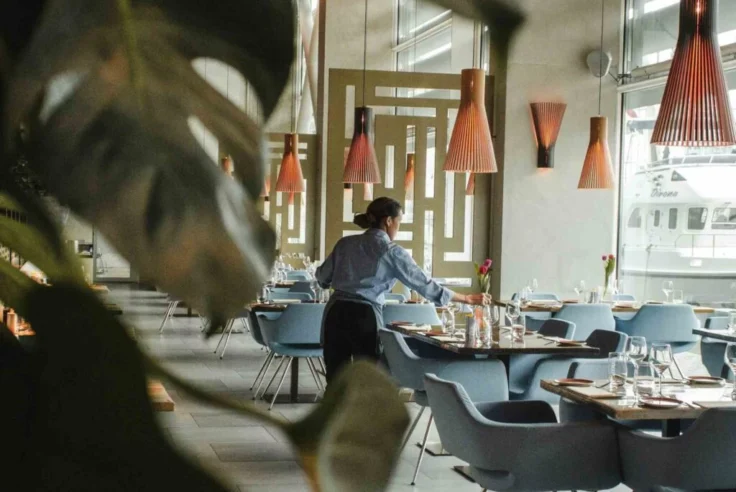
Blog Post
How AI Can Reduce Food Waste at Restaurants
Closed Loop Ventures Group led the seed investment...
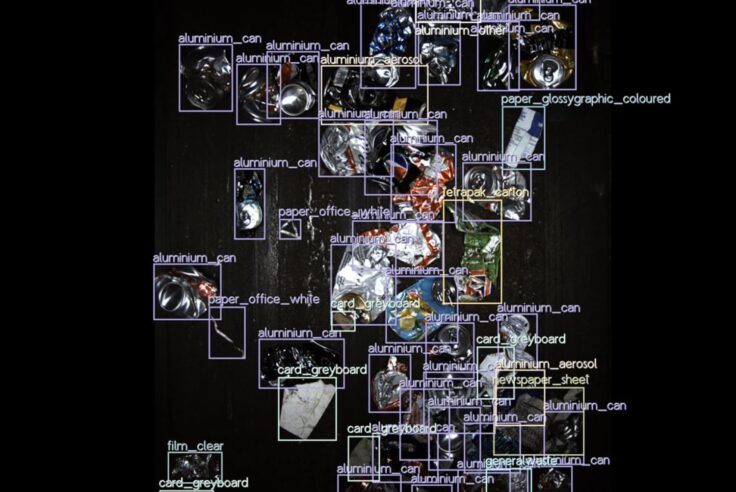
Press Release
New Data Reveals High Quantities of Food-Grade Polypropylene...
Closed Loop Partners’ Center for the Circular Economy...
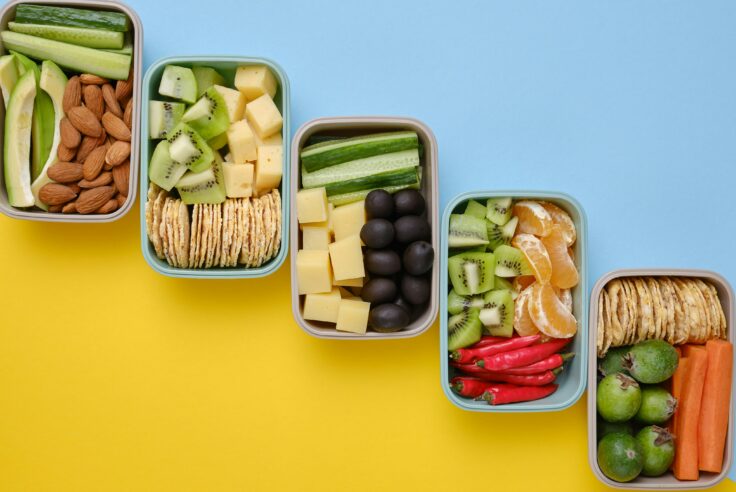
Press Release
Closed Loop Partners and U.S. Plastics Pact Identify...
Packaging types primed for reuse lay the groundwork...
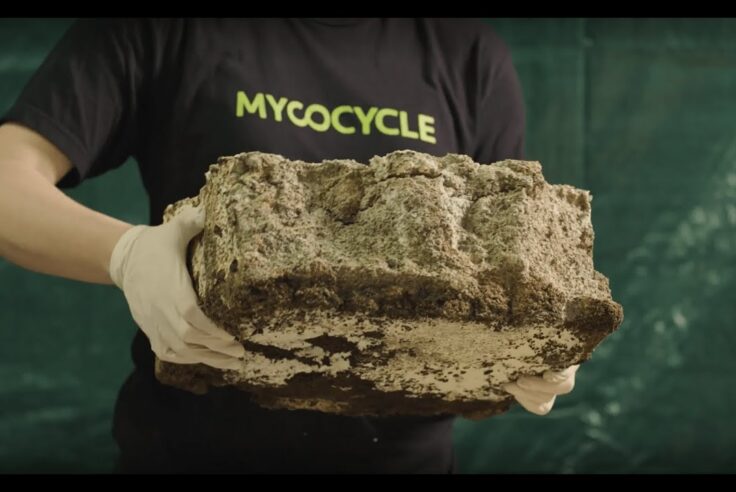
Blog Post
Why We Invested in Mycocycle: Nature-Inspired Circular...
Closed Loop Partners’ Ventures Group saw a key opportunity...
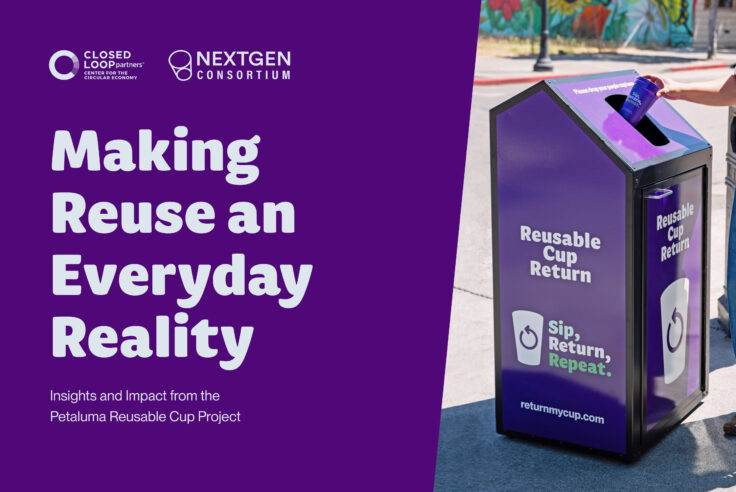
Press Release
Groundbreaking Results From Citywide Petaluma Reuse...
The Petaluma Reusable Cup Project from the NextGen...
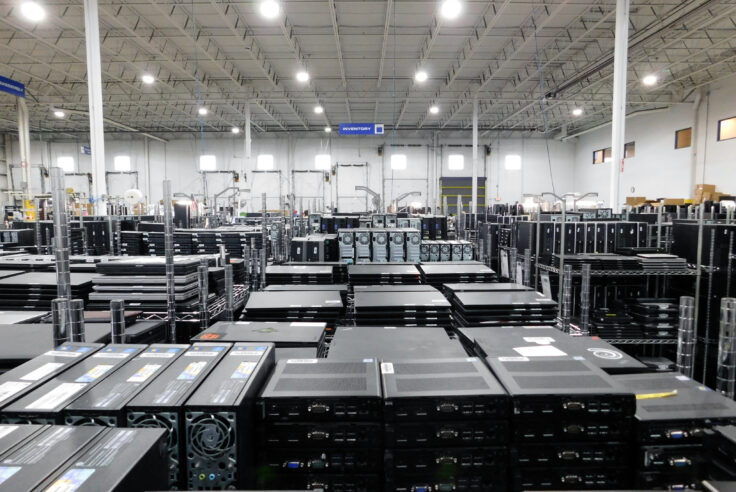
Press Release
Closed Loop Partners’ Portfolio Company, Sage Sustainable...
The bolt-on acquisition scales Sage’s end-to-end...

Press Release
Closed Loop Partners Unveils Groundbreaking Findings...
Closed Loop Partners’ Center for the Circular Economy...

Press Release
Capricorn Investment Group Backs Closed Loop Partners...
The partnership signals tailwinds behind the circular...
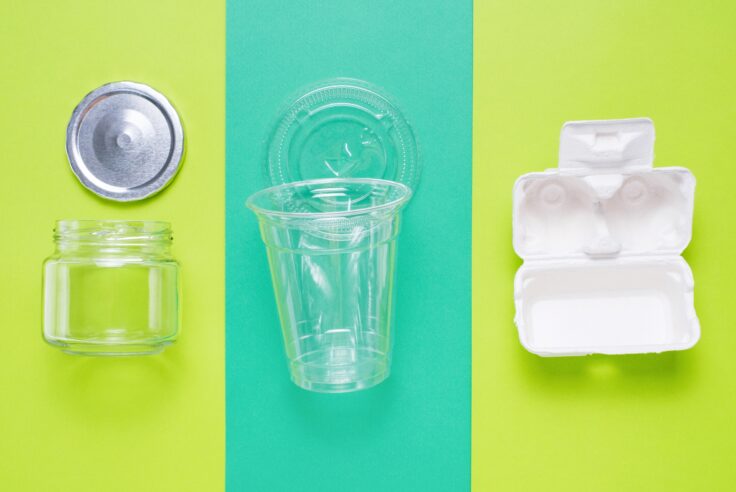
Blog Post
8 Tips to Navigate Life Cycle Assessments for Circular...
Closed Loop Partners’ Center for the Circular Economy...
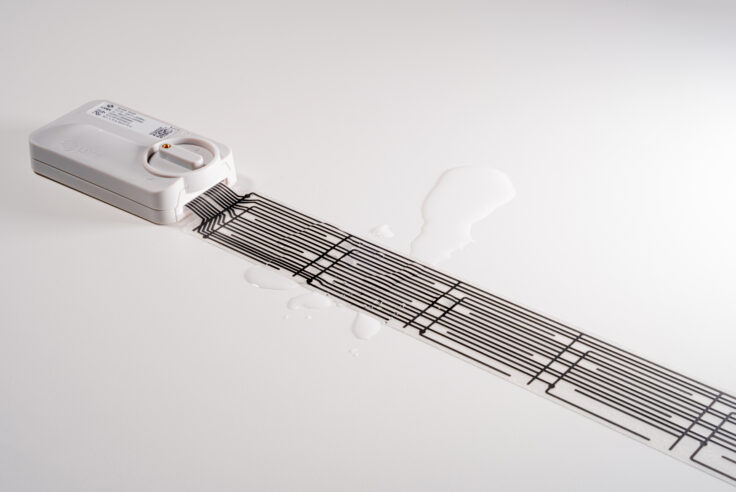
Press Release
Closed Loop Partners Leads $4M Seed Round for LAIIER,...
Investment in the innovative liquid leak detection...
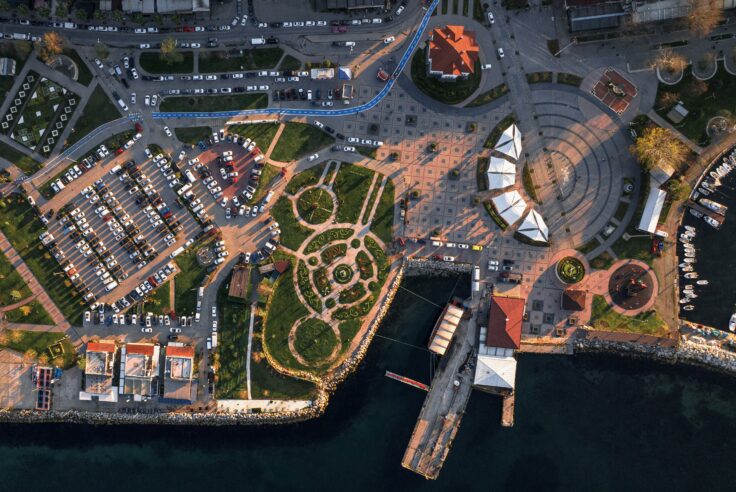
Blog Post
The Key to a Strong Local Economy? It Must Be Circular.
4 ways the circular economy unlocks local value.
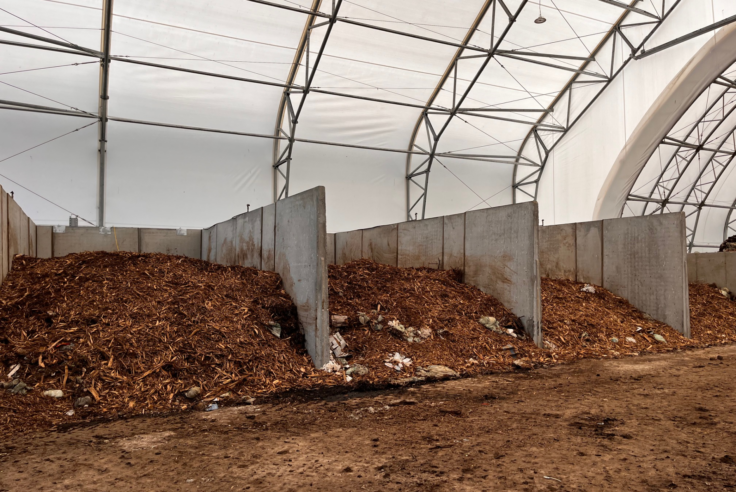
Blog Post
Why More Composters Are Recovering Food Scraps and...
Black Earth Compost and Glacial Ridge Composting Facility...
